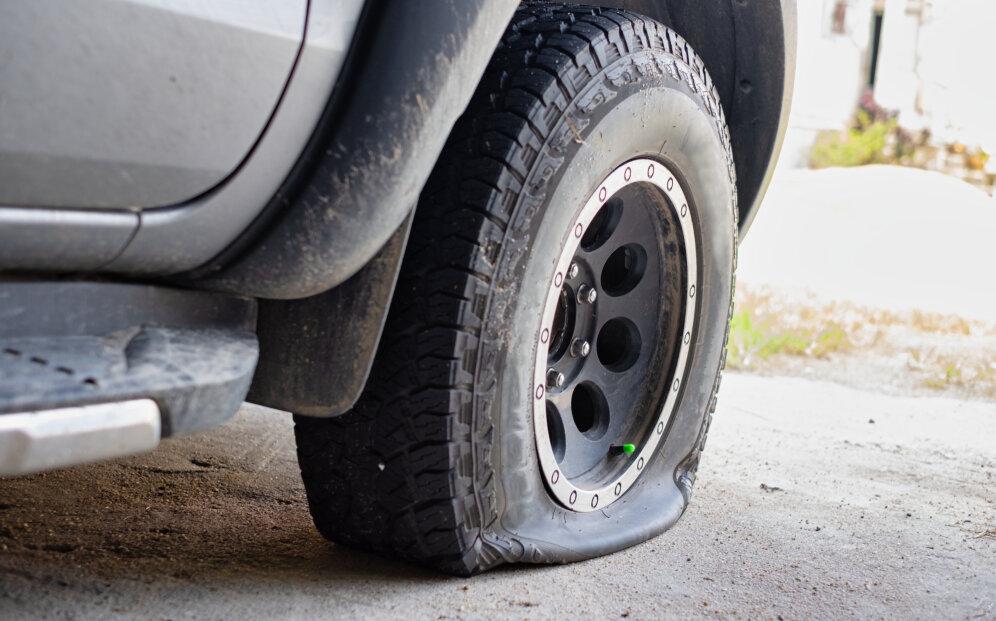The Royal Automobile Club (RAC) breakdown rescue company says it is being called out to an increasing number of stranded motorists because more and more car manufacturers are omitting spare wheels, partly as a result of emissions laws.
The RAC said they had been called out 200,000 times in 2022 to incidents where drivers with a flat tyre found there was no spare wheel, up from 165,000 incidents in 2018.





